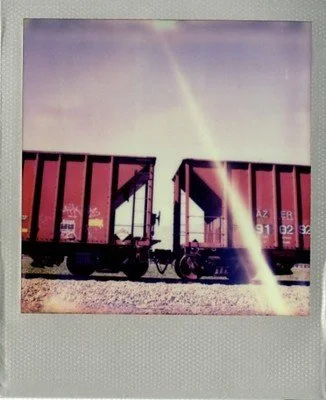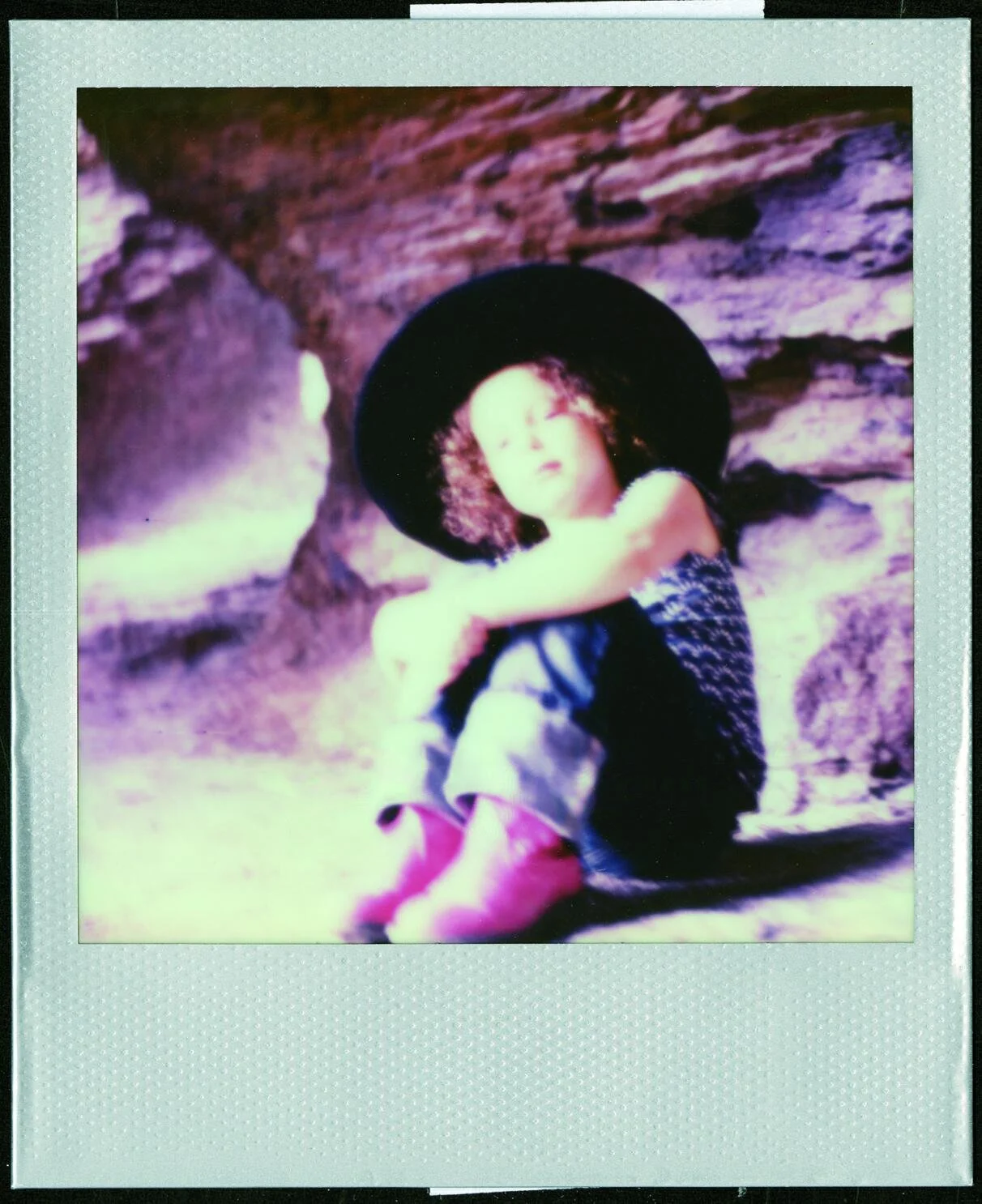The Cyclicality of Mothers, Daughters, and Womanhood
A review of Lost Children Archive by Valeria Luiselli
Stories are a way of subtracting the future from the past, the only way of finding clarity in hindsight.
I was not compelled at first by Lost Children Archive by Valeria Luiselli; however, the more it went on, the more I felt drawn toward Luiselli’s portrayals of familial relationships. Luiselli uses vulnerability in her depictions of womanhood, daughterhood, and childhood that I don’t see often. In the group I was reading the book with, there was a prevailing idea that the mother/narrator was disliked; however, I cannot fully discount her. This may just be how I am; I give a character the benefit of the doubt when I can see why they act the way they do. I saw the narrator acting out of fear of becoming her mother. With this statement, two things can be true: I still felt the daughter's sadness and anger toward the narrator throughout the novel.
Being a Girl
Godhood is just like girlhood: begging to be believed. - Kristin Chang
Being a girl feels like inhabiting a haunted house. Girls inherit the trauma of the mothers and daughters before them, listening to the wails of pain inside their bodies. Girls are taught how to be, watching for where the floor will creak, and making every correct step. If a girl is too much of one thing, it is a problem; if she is too little of another, that is also a problem. Some girls don't mind the creaking, but others are still looking for something to balance it out. Falling into the ever-present stream of over-apologizing for everything seems to be a plague. In my experience, there are two types of girls: those who are unafraid to hurt others in their anger and those who will bite their tongue until it bleeds. The first girl is like an angry man, receiving an inheritance of anger, a fire within that cannot be held back. The second girl is walking on eggshells from those who inherited such manly anger, sitting with their anger and letting it burn from within rather than letting it leave ruins. Luiselli writes the narrator's daughter Memphis as the second type of girl, watching and listening to those around her, trying to understand. "But Papa? the girl says. Can I say something, too?" …"But no offense." (134). A short dialogue that stood out to me, something that could be mistaken for simple manners, manners that only the girl has, insecurity masked as manners.
Sisyphus: A Woman and a History
The mention of The Myth of Sisyphus in Lost Children Archive stood out to me as an allusion with numerous meanings. Everyone is Sisyphus except the husband; he is not prescribing the cyclicality of life but rather only giving heed to stories of the dead. The boy and girl, thinking of their parent's stories as intersecting because they were, saw the patterns where their parents had tunnel vision. History repeats itself in the same cycles; we are all Sisyphus, and our histories are the boulders. We can never seem to change what has been historically evident as something that needs to be changed.
The narrator is looking for Albert Camus’ antidote to The Myth of Sisyphus: "One must imagine Sisyphus happy." While thinking about her marriage, she knows that arguing will persist as it always has, despite this, she tries to keep them together. Desperately, our narrator ignores the recurring and volatile nature of the relationship with her husband. A relationship that has continued due to work schedules gets strained when the husband shows he only prioritizes what he sees as important. Despite the domineering nature of her husband, the narrator falls into the rabbit hole that ignorance is bliss, much like she does with her children. A woman often ignores the boulder's details; everything rotten within it makes it difficult to imagine her happy, so she must look past it at times, staying silent and choosing to be happy.
Mothers and Daughters
Often father and daughter look down on mother (woman) together. They exchange meaningful glances when she misses the point. They agree that she is not bright as they are, cannot reason as they do. This collusion does not save the daughter from the mother’s fate. - Bonnie Burstow
Luisellu takes the feminist theory of Bonnie Burstow, which is popularly regarded as fact in media, and, flips it on its head. In the context of the family system in the novel, the mother and the father look down on the daughter. Despite this, the father still looks down on his wife. Nobody is on the same intellectual plane as him; therefore, he must look down on them. The boy stands out to me; he is full of love, love for those around him, and a desire to be loved by those around him.
Letting a daughter be openly talked down upon is not a common narrative, but Luiselli’s usage of it makes this novel more compelling. The conversation being opened up in this novel compelled me in thinking about how girls see their mothers.
Being a daughter is often accompanied by a feeling of doom for what is to come. A girl sees her mother for everything she is: an exposed crimson wound. She will see everything her mother hides in her silent movements and the way she speaks. "What do you think "firefly mode" means? It means on and off, on and off, says the girl. She's right, I think. It's a song about switching oneself on and off from one's own life." (177) Memphis understands that her mother is always in one of these modes—fight or flight. She has grown accustomed to hearing what her mother would like to hear; always giving the translation for her mother's mindlessness. A language that her brother could not understand, giving the literal translation that she would not care to understand, something he would never understand the reasoning behind. Memphis can understand her mother because she inherited the same pain as her. A foreseen consequence of her mother's neglect is that she would only gain more pain, and a larger fire within her would be raging without her realizing it.


